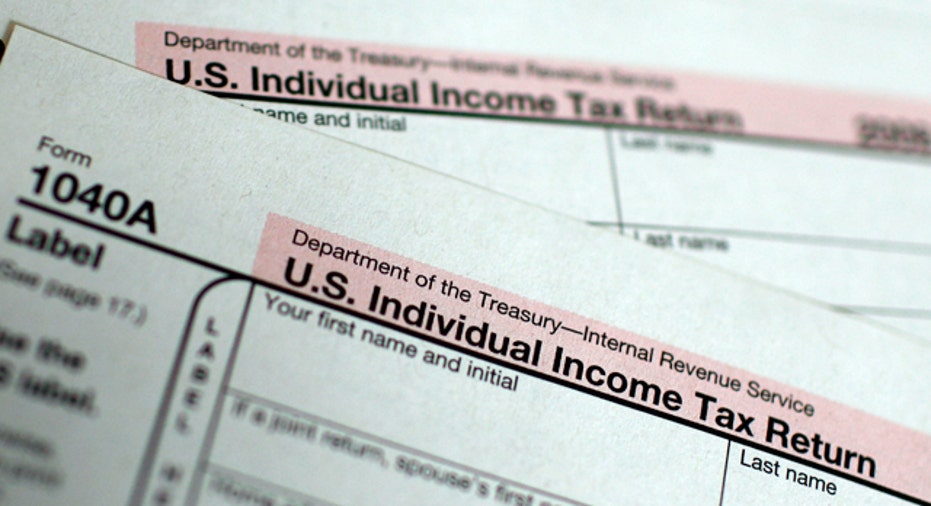Congratulations! You May Be Getting a Tax Break

When tax season rolls around, most of us are just relieved to get our paperwork in on time. Now, according to Wolters Kluwer Tax & Accounting, a software solutions provider for tax, accounting and audit professionals, there may be even more reason to rest easy: a sweet little tax break.
According to the firm, since the late 1980s the U.S. Tax Code has required that federal income brackets be adjusted for inflation each year. These inflation adjustments were added to the Internal Revenue Code in recent years, and now over 50 other inflation-driven computations, as the firm describes them, are required to determine deduction, exemption and exclusion amounts, along with the 40 separate computations used to adjust the tax brackets for inflation each year.
Now, based on the Department of Labor’s inflation figures for the 12 months between August 31, 2015 and August 31, 2016, the firm is projecting that taxpayers will “experience modest savings” when filing their 2017 taxes compared to 2016. Here’s a closer look:
- “A married company filing jointly with a total taxable income of $130,000 should pay less income taxes in 2017,” said the firm.
- Marginal tax rates will have increased due to the income ranges bracketing, meaning “a single filer with taxable income of $50,000 should owe $22.50 less next year,” the firm concluded.
- Meanwhile, “the additional standard deduction for those 65 years old and older, or who are blind, will remain at $1,250 for 2017, as will the $1,550 additional amount for single-aged-65-or-older filers,” the firm wrote.
Beyond that, the standard deduction for single, married filing jointly, and married filing separately filers is expected to jump in 2017 to $6,350, $12,700 and $6,350, respectively. That’s up from $6,300, $12,600 and $6,300. This change can bring about lower taxes, the firm explained, by “decreasing the taxpayer’s taxable income.”
According to Kelly Phillips Erb, a Philadelphia tax attorney who frequently blogs at Forbes, this is good news since “every time the bracket shifts even a little bit, all the taxpayers below that threshold benefit a little bit.” So with the standard deduction threshold rising, “the higher it is, the more people can claim it.” Two-thirds of taxpayers already take advantage of the standard deduction, she added.
Taxpayers should also consider how stagnant incomes — those that haven’t increased with inflation — can play a key role in their taxes this season. “If your income stays flat, which most people’s tend to do, but the tax breaks go up and the brackets shift up, you’ll get to trim off a few dollars from your taxes,” Erb said. Put another way, “you’re benefitting from the fact that the tax brackets are going up while your income is staying the same.”
As you gather your taxes together, it’s a good idea to spend some time researching some of the ways you can maximize your refund. You’ll also want to be wary of filing your taxes with accountants who aren’t on the up-and-up and, of course, pay your taxes on time. Unpaid taxes can ultimately lead to a lien, which can hurt your credit. (You can view two of your credit scores, updated every 14 days, for free on Credit.com.)
More from Credit.com
This article originally appeared on Credit.com.
Jill Krasny is an editor and writer at Credit.com. Prior to joining the company, she was a senior staff writer at Esquire.com and Inc. Magazine, where she covered a range of lifestyle topics. Her writing has appeared in Introspective, Travel + Leisure and MTV.com. More by Jill Krasny



















